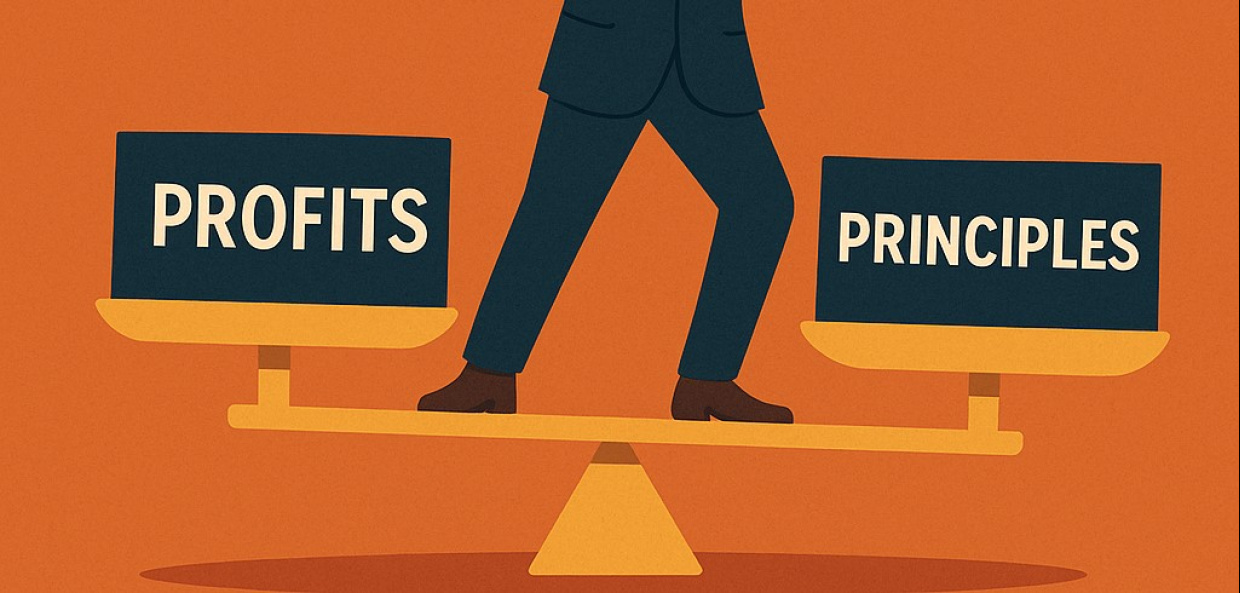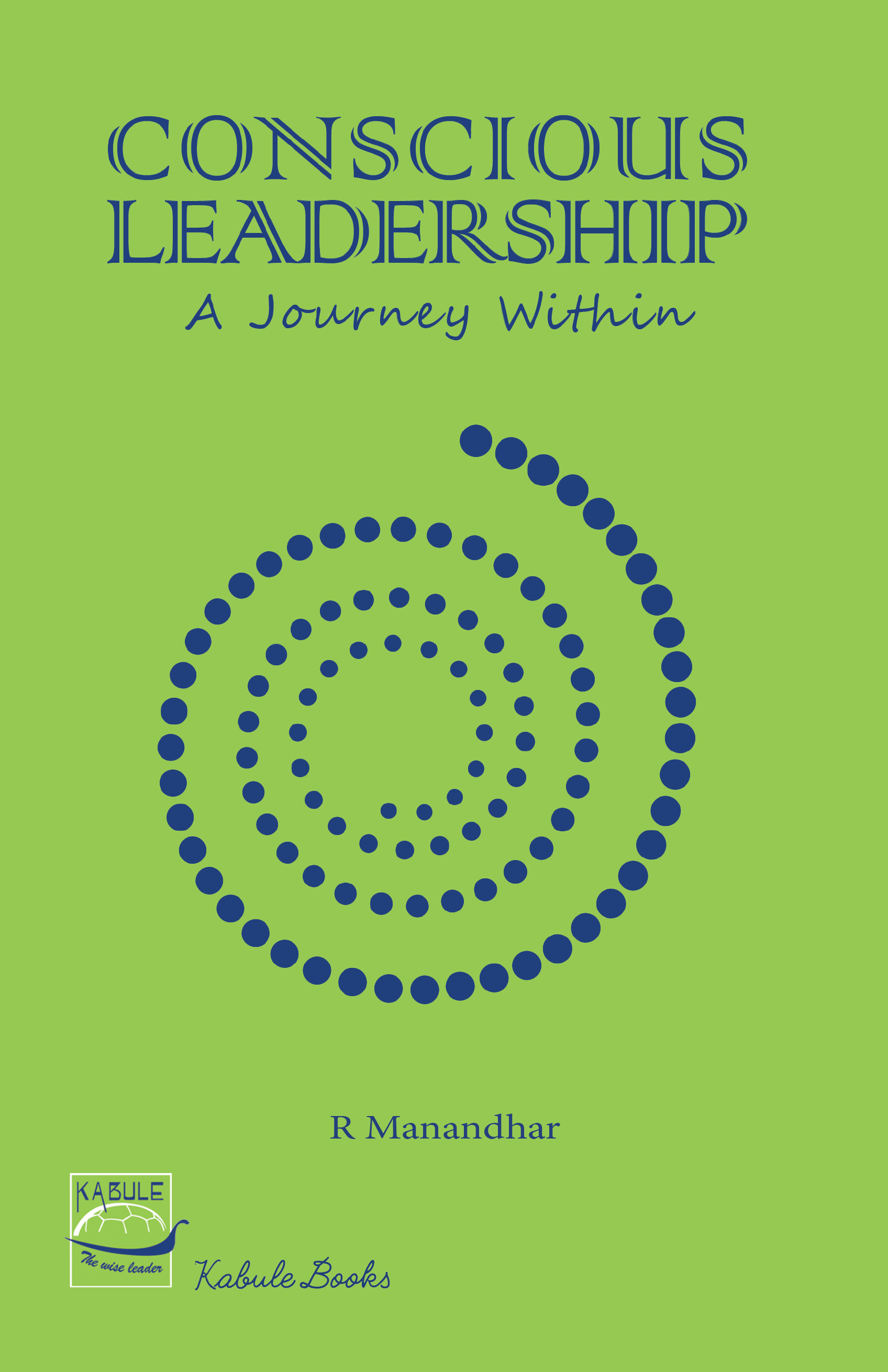Browse By Category
Contact
R. Manandhar
Trainer/Consultant
Email : kabuleader@gmail.com
Phone: +977 981 346 1049;
Phone, Viber, Wapp: +977 984 133 9585
(If call not picked up, please leave a message. We will call back.)





Customer feedback
Thank you so much for these 3 days. It has been wonderful experience and I wish all the success for all your future ventures.
[Read More]
Kabule Activities
GREAT LEADERS STRIKE A FINE BALANCE
July 3, 2025

GREAT LEADERS STRIKE A FINE BALANCE
Should a leader compromise principles for profits or vice versa?
The end result is surely important for leaders. They are there to get things done, though perhaps not by themselves. So the relationship he or she shares with other members of the organisation is important. However, is the result more important or the relationship he has with the employees?
There are other similar questions that leaders need to ask themselves. Are tasks more important or the team? Are products more important or the processes? Is profit more important or the principles?
In the initial days of industrialisation, surely, the answer was products and profits were more important. With advancement in the study of organisational behaviour, it is not easy to prioritise one over the other.
Leadership is about learning to balance the two seemingly opposite factors. ‘Seemingly,’ because in fact, they are not opposites but complementary to each other. For a good leader, both results and relationships are as important as completion of the task and team building. The two are not contradictory or superior to the other. They can complement each other and amalgamate together. But making that possible depends on the skills of a leader.
There will be occasions when a leader has to choose between profits and principles or profits and people. Should a leader compromise principles for profits or vice versa?
Balancing is required and that does not mean to always remain at the midpoint of the two issues. Balancing, for a leader, is not choosing 50-50 per cent between the two. In fact, powerful and effective leaders are able to retain a hundred per cent of each by knowing when to lean towards which direction and to what extent.
And this is where the creativity of a leader comes into play. Creative and courageous solutions make a leader great. Great leaders do not limit their thinking. Their mind is always exploring for options and possibilities where they can encompass both the opposites without sacrificing one at the cost of the other. It is the innovative balancing of ideas and contradictions that make them great leaders.
(R. Manandhar is the lead facilitator at Kabule – The Wise Leader. He has been a regular columnist on leadership for ten years in The Himalayan Times, Nepal's largest-selling English daily. This article was originally published in the paper’s 'Leadership League' column. He can be contacted at kabule2020@gmail.com.)

 Free download a book on Leadership
by Kabule publication
Free download a book on Leadership
by Kabule publication





